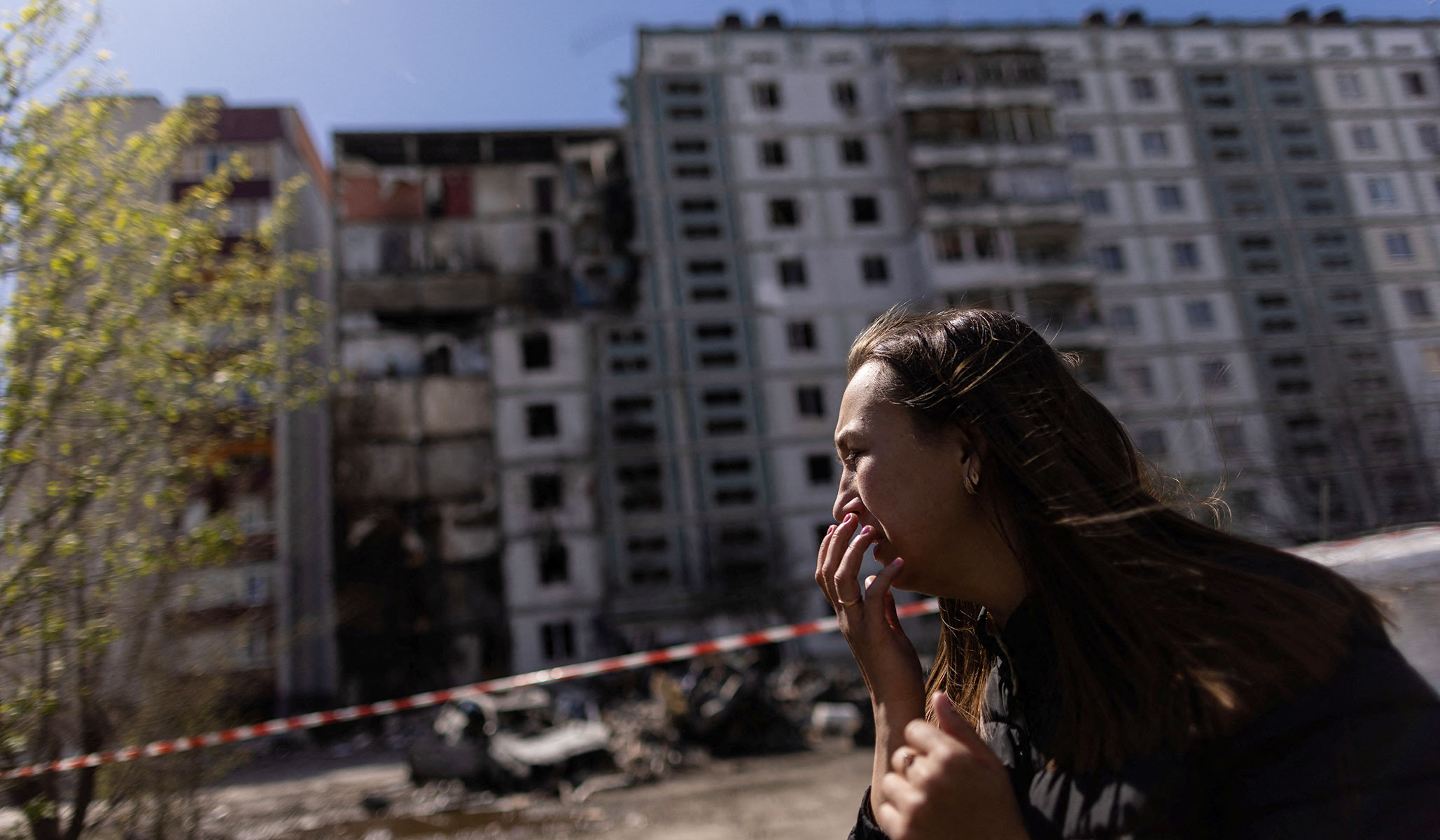


Since February 2022, I have been in awe of the press covering the Ukraine war. They have risked everything to let us know what’s going on. Note the name — and the life and work — of Arman Soldin:
• I was pleased to see this:
The Associated Press was awarded a Pulitzer Prize for breaking news photography on Monday in recognition of 15 searing images that rendered in real-time the devastating human toll of the war in Ukraine.
To see that article, and the pictures in question, go here.
• Evan Gershkovich was arrested on March 29. That is, he was taken hostage by the Kremlin. On March 30, I compared his case to that of Nicholas Daniloff, in 1986. He, too, was taken hostage by the Kremlin. Daniloff was a reporter for U.S. News & World Report. Gershkovich is a reporter for the Wall Street Journal.
Daniloff was in prison for two weeks; Gershkovich has now been in prison for more than six. A case, and a man, to watch.
• Russians are unable to vote — at least in legitimate elections. But they can vote with their feet. Note this report from the Moscow Times: “Putin Orders Measures to Reverse Mass Wartime Exodus.”
• This is ominous: “Noted Russian Scientist Placed Under House Arrest On Charge Of Financing An Extremist Group.” The report is from RFE/RL. The scientist is Sergei Abramov, a physicist and mathematician known for “his contributions to the development of supercomputers.” And the “extremist group”? Alexei Navalny’s Anti-Corruption Foundation.
Navalny, as you know, is the leader of the Russian opposition, and therefore a political prisoner.
• Maria Pevchikh works for Navalny’s foundation — in exile, of course. I met her, and did a presentation with her, at the Oslo Freedom Forum. In this Twitter thread, she writes of Boris Obnosov, the man responsible for the missiles that are killing and maiming Ukrainians. Where does Obnosov send his family to live and flourish? The West, of course — the free, democratic West. They live in Prague.
• Mikhail Khodorkovsky and his center do invaluable work too (needless to say). I was interested in this. By whom was Putin flanked during the recent Victory Day parade? Two old KGB men, who spent their careers doing vile, repressive things. Three peas in a pod.
• If a picture is worth a thousand words, the one over this article may be worth two thousand. It shows Giorgia Meloni, the Italian prime minister, embracing the Ukrainian president, Volodymyr Zelensky.
The headline reads, “Italian PM promises full support for Ukraine’s EU integration, believes in Ukraine’s victory.” This is encouraging news for those of us on Ukraine’s side.
• Another article is headed, “Zelenskiy Gets Backing In Rome As Germany Announces $3 Billion Military Aid For Ukraine.” Again, encouraging. And here is an excerpt from that article:
The Ukrainian leader later met with 86-year-old Pope Francis at the Vatican, where they discussed aid for the “innocent victims” of the Russian invasion.
Zelenskiy presented the pope with a bulletproof vest that had been used by a Ukrainian soldier and later painted with an image of the Madonna.
• I wish to recommend an article by Bill Browder: “My Friend Vladimir Kara-Murza Is the Political Prisoner Putin Fears Most.” Kara-Murza represents the best of Russia; Putin, the worst.
• Also recommended, highly, is this: “Why Putin’s repression is worse than what I endured under the Soviets.” That article is by Natan Sharansky, formerly Anatoly Shcharansky. To many of us, he is a hero, and has been for 45 years. He writes of Kara-Murza, Navalny, and others.
As Sharansky notes, both Kara-Murza and Navalny survived murder attempts, by poison. Kara-Murza survived two of them. Both men had a chance to go into exile. Both men, at different stages, were abroad. Yet both chose to return to Russia, knowing almost certainly that they would be arrested, imprisoned — possibly killed.
Why did they do it? Why did they go back?
Sharansky writes,
I see an answer in comments made to me by another dissident, Jimmy Lai, the now-jailed Hong Kong publisher and democracy activist. Lai and I spoke at length in 2020 as he prepared himself for what he, too, knew was coming. At 72, he also knew that he would likely spend the rest of his life in prison. During our conversations, I said to him, “You are a wealthy and powerful man, one of the most prominent in Hong Kong. You have access to private airplanes. You have British citizenship. Why don’t you simply escape?”
Lai responded that he was too committed to his fellow democracy advocates in Hong Kong to do that. Running away would mean abdicating his responsibility as their leader, abandoning them and betraying their faith.
One great man — Sharansky — writing about other great men, with keenest understanding.
